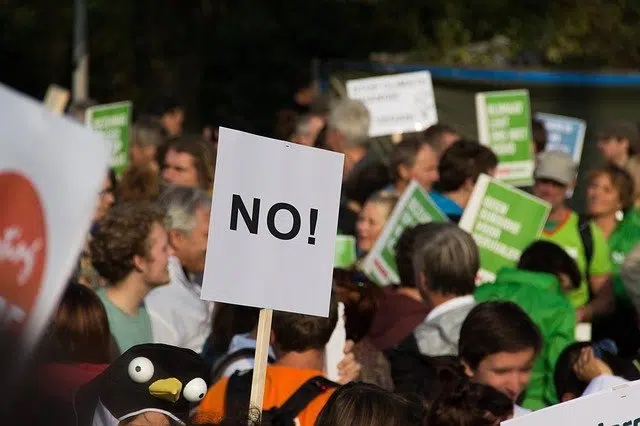
A historical process is a succession of historical events linked to each other and developed over time.
Process is a concept with several meanings. In this case we will stick with its meaning as the series of successive stages of an operation or a phenomenon . Historical , meanwhile, is that linked to history : the set of social, political, cultural and economic events of a nation; the exposition and explanation of past events; or the scientific discipline dedicated to the study and chronological narration of past events.
It is easy to understand, in broad strokes or from everyday language, what a historical process is. However, for history as a science, the idea of a historical process refers to a specific notion, with certain particularities.
What is a historical process
In this sense it must be said that a historical process is a succession of historical events that are related to each other and develop over time . A historical fact , in turn, is an event in the past that has relevance to the historian (the expert in history).
While a historical event has a limited duration, historical processes are more extensive since they chain several historical events. It can be stated that a historical process is a construction that arises from the integration of different historical facts that maintain a link .
The case of Argentine democracy
The recovery of democracy in Argentina , which was achieved in 1983 after the coup d'état carried out in 1976 , is an example of a historical process.
In it, multiple historical events can be recognized that in one way or another influenced its development , such as the formation of associations that brought together relatives of missing detainees , the organization of the 1978 Soccer World Cup and the defeat in the Malvinas War .
Fact and process: similarities and differences
Depending on the context, it is not always easy to distinguish the concepts of fact and historical process, since they have aspects in common. Below we will see some of these similarities, but we will also contrast them with their differences to know how to recognize each one in the pages of world history. Let's start with a possible similarity: both one and the other have the potential to generate changes of great importance, in many cases irreversible, in the life of a person, a town or even the planet as a whole. The fact of being born positively affects the baby's family, just as the impact of a meteorite on Earth can cause destruction for millions of people.

Historical processes are built by integrating various events.
Although a historical process can also mark a before and after in the reality of the human being, the fact has the particularity of being unique and unrepeatable: this characteristic is slightly ambiguous, since we could affirm that a process such as the recovery of Argentine democracy also happens only once, but the difference is that the event is a milestone, a photograph of history, while the process focuses on one or more objectives that can be attempted more than once. In other words: there may be many coups d'état, but each one will be unique; On the other hand, the various processes of a country getting back on its feet are characterized by the events that comprise it, and not by the objective itself, which is always the same.
Finally, we can say that historical events do not usually involve as many people as processes, or at least they tend to provoke surprise, to manifest themselves in an unexpected way, while processes entail extensive stages of planning and organization that can involve several countries. , both on a political, military and social level. Let's contrast the detection of the first case of COVID-19 with the different measures the world took over the years to combat it.
